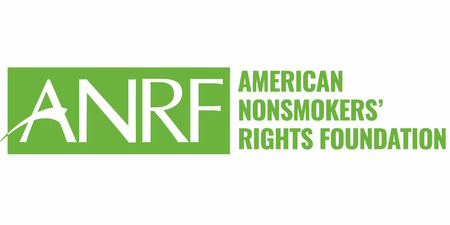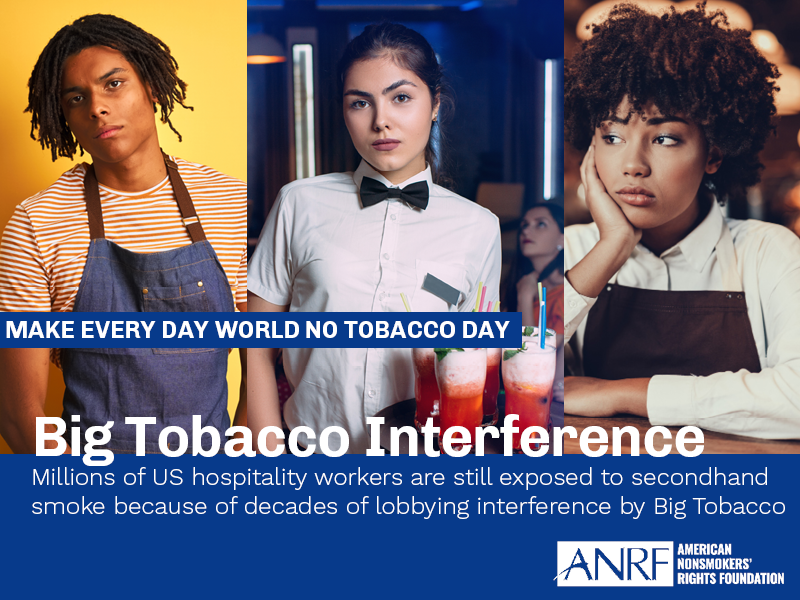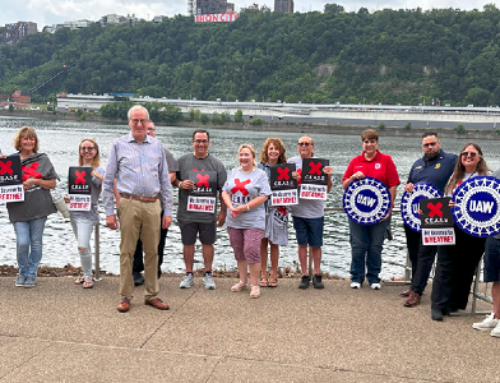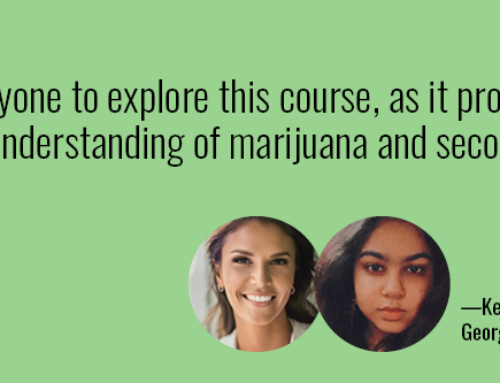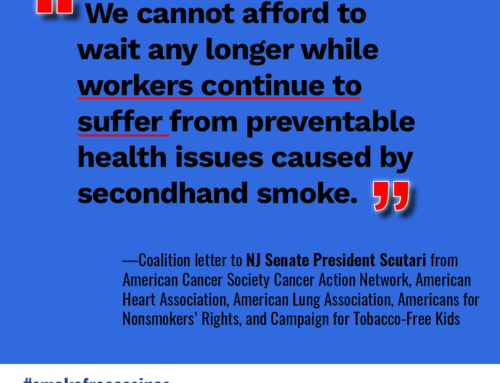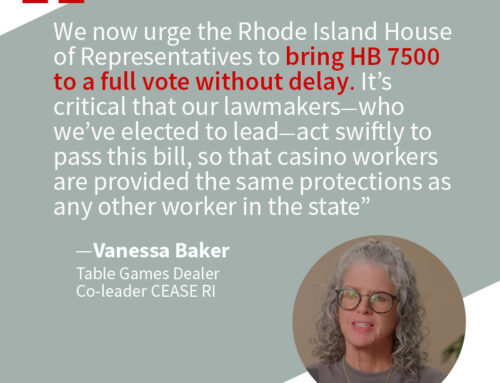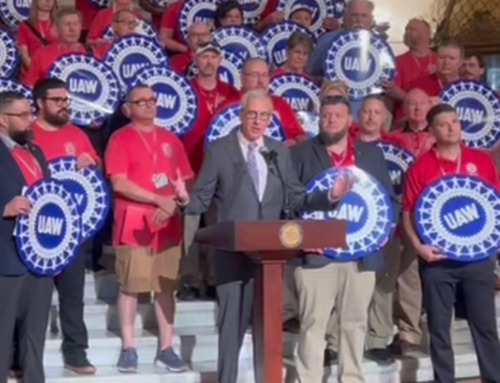Secondhand Smoke and Big Tobacco Interference
Millions of U.S. hospitality workers are still exposed to secondhand smoke—the result of decades of lobbying interference by Big Tobacco and its allies that carved out exemptions in smokefree workplace protections—denying the right to breathe clean air to the very people most in need of this protection, including entertainers. According to the Centers for Disease Control (CDC), secondhand smoke still kills more than 40,000 Americans every year.
Big Tobacco Marketing
Through projects like the Philip Morris Options program, Big Tobacco relentlessly targeted airports, casinos, restaurants, bars, and hotels with economic scare stories and ventilation misinformation intended to undermine smokefree policies, maintain indoor smoking, and to keep people addicted to its nicotine products. Additionally, commercial tobacco companies have long targeted Tribes for addiction, undermining traditional sacred use of tobacco.
Social Impact and Big Business
Today, more casino operators talk about the social impact of their business, driven in part by the rise of ESG (Environmental, Social, and Governance) criteria by institutional investors. However, merely talking about safety in casino hospitality business isn’t a substitute for actually closing gaps in protection from secondhand smoke, a top preventable cause of chronic conditions including heart disease, cancer, and respiratory illness that are linked to more severe COVID-19 symptoms. Casino and other hospitality sector ventilation systems do not address the health hazards of secondhand smoke.
COVID-19 and Reopening Smokefree
In the current pandemic, people need and expect safety for respiratory health in public and hospitality places, including casinos. We applaud the leadership of many sovereign Tribes to reopen casinos with 100% smokefree policies.
These newly smokefree venues join nearly 800 other already smokefree casinos and gambling venues in the U.S. Checklist for casinos or businesses considering smokefree.
The Takeaway
Two questions remain:
1) What will it take for all businesses to act on the health and financial benefits of going smokefree now that 90% of young adults are nonsmokers?
2) When will the tobacco industry be held accountable for its legacy of disease and death in nonsmokers – the result of weak protections against the health hazards of secondhand smoke caused by its lobbying interference?
Big Tobacco historically has undermined smokefree policies and misled the public and policy makers about the health effects of smoking, vaping, and exposure to secondhand smoke.
For more information on smokefree gaps in the United States:
